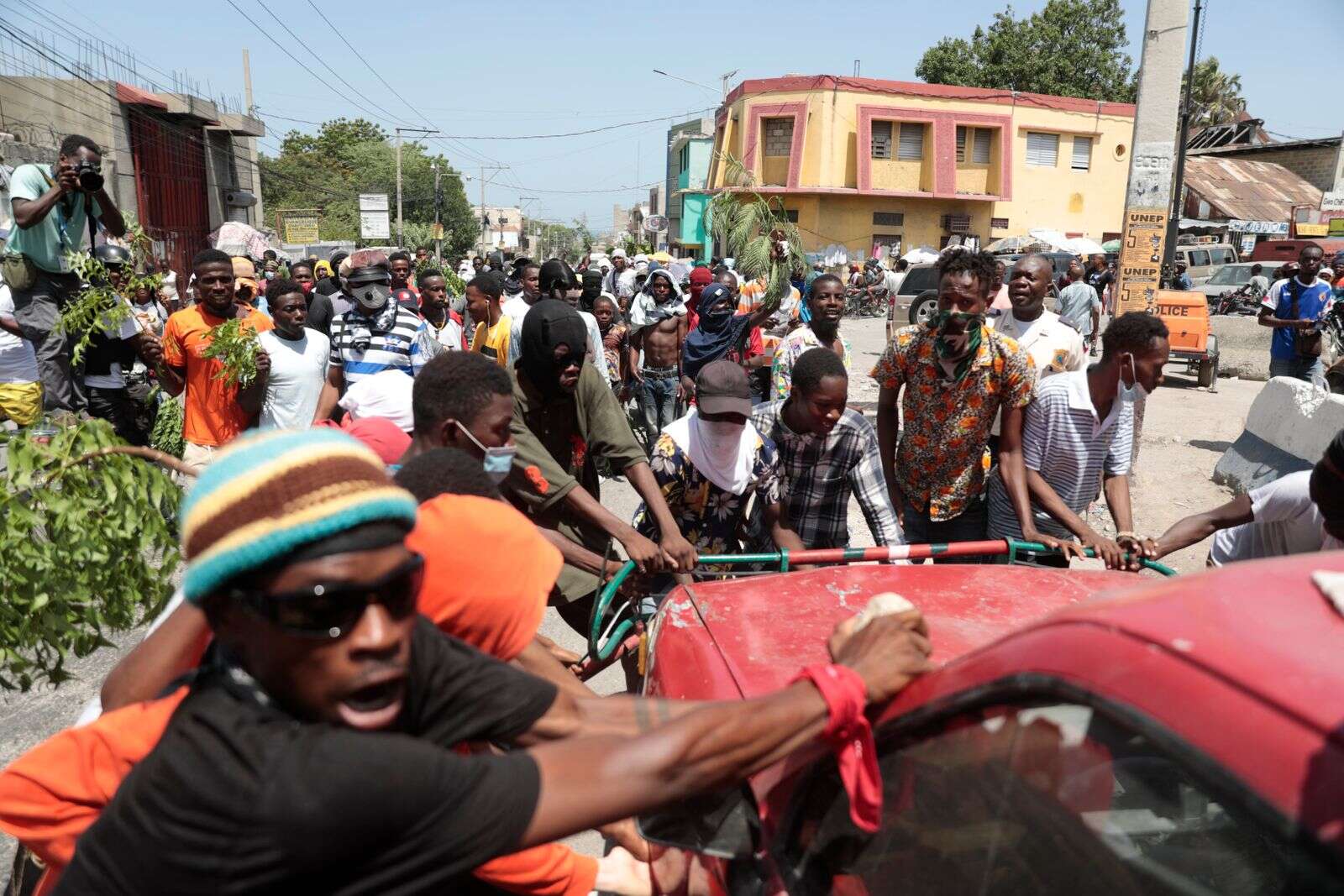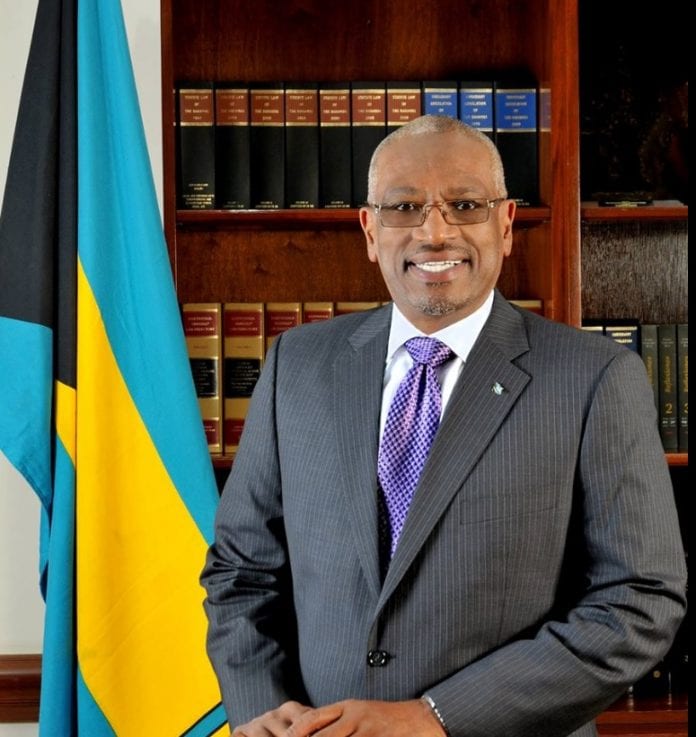Former Prime Minister of The Bahamas, Dr. Hubert Minnis, urges a parliamentary discussion before the country sends military personnel to Haiti for peace and stability.
CARICOM nations and Kenya pledge support
This comes as a part of the decision where the Caribbean Community (CARICOM) acknowledges the intent of The Bahamas, Jamaica, and Kenya to address the worsening security conditions in Haiti.
Both The Bahamas and Jamaica are prepared to deploy troops to support the crisis in Haiti.
This commitment follows Kenya’s pledge, through Foreign Minister Alfred Mutua, to send 1,000 police officers. Their goal is to train the Haitian police force, reinstate normalcy, and safeguard vital installations.

More on CARICOM nations’ support to Haiti
- Jamaica’s PM affirms country’s readiness to send soldiers to Haiti
- Bahamas to deploy 150 police officers to Haiti amid violence
Despite the commitments from other caribbean nations, Minnis believes there needs to be a proper parliamentary debate on the matter.
He emphasized that if a United Nations resolution is under consideration regarding troop deployment, then The Bahamas’ Prime Minister, Phillip Davis, is potentially disregarding the Bahamian Parliament and its citizens.
While Minnis asserts that the Bahamian people should have a say in such decisions, National Security Minister Wayne Munroe dismisses Minnis’ concerns.
Munroe pointed out that The Bahamas previously dispatched 141 members of its Defence Force to Haiti in 1994 as a UN peacekeeping mission.
The Defence Act mandates that an order from the Governor-General is the sole necessity for external deployment of the Bahamas Defence Force.
Minnis voices potential risks in Haiti
Minnis, given his former leadership role, emphasized that the unpredictable situation in Haiti warrants a local parliamentary debate prior to committing forces.
He shared the concerns about the uncertainties surrounding the nature of involvement and potential dangers, especially in light of the gang conflicts in Haiti.
International perspective and support
Additionally, the US disclosed its expectations for Eastern Caribbean nations to provide translators for the Kenya-led, UN-endorsed multinational force in Haiti.
Barbara Feinstein, the US Deputy Assistant Secretary of State for Caribbean Affairs and Haiti, highlighted the linguistic skills of certain Eastern Caribbean nations like St Lucia and Dominica, which can communicate in Haitian Creole or patois, a widely spoken language in Haiti.
This multinational force initiative comes in the backdrop of Haiti’s Prime Minister Dr. Ariel Henry’s appeal last year to the UN for armed intervention to curb gang violence.
Last month, the United Nations Secretary-General Antonio Guterres also called upon the international community to rapidly enable the conditions for deploying a multinational force to Haiti.
More on Haiti’s crisis
- U.S. Government issues urgent departure notice to citizens in Haiti
- Jamaica’s PM calls on EU amplify funding for Haiti’s humanitarian crisis
- UN Secretary-General says Haiti urgently needs international security force and humanitarian aid
- Vigilantes in Haiti strike back at gangsters with brutal street justice














